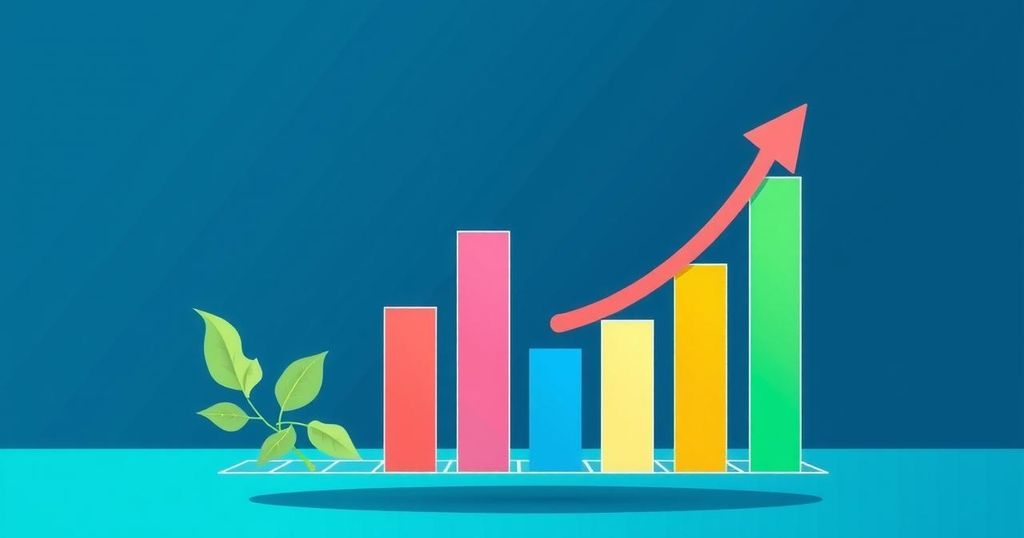The 2025 budget presented by Finance Minister Enoch Godongwana introduces increased VAT, unadjusted income tax brackets, and heightened excise duties on alcohol and tobacco, leading to a rise in living costs for consumers. While there is some relief in fuel levies and public infrastructure investment, the budget overall imposes significant financial pressures, particularly on low and middle-income earners. Consumers are advised to reassess their financial strategies amid these changes.
On the 2025 Budget Speech delivered by Finance Minister Enoch Godongwana, South Africans are faced with both challenges and slight reliefs. The budget aims to stabilize government finances; however, tax increases are expected to elevate living costs significantly, particularly impacting daily consumers. The focus is now on understanding these critical changes and their implications for the populace.
A primary adjustment is the increase in Value-Added Tax (VAT), rising from 15% to 15.5% on May 1, 2025, with an additional 0.5% increase scheduled for 2026. This increment will lead to elevated prices on everyday goods and services, including electricity, clothing, transportation, and personal care products, although basic food items remain VAT-exempt. The burden of this increase will disproportionately affect low-and-middle-income earners, as VAT is regressive in nature.
Furthermore, there will be no direct increase in personal income tax rates. However, the government has opted not to adjust tax brackets for inflation, meaning that as salaries increase, many individuals will be propelled into higher tax brackets. This results in higher tax payments without an actual increase in net income, placing significant strain on middle-class and professional earners.
In contrast to these adverse changes, the fuel levies will remain unchanged for another year. This continuity from the freeze instituted in 2022 will provide around R4 billion in tax relief, averting greater increases in fuel prices for motorists.
The budget also mandates increases in excise duties on alcohol and tobacco, which translates to higher prices for consumers. For instance, a 340ml beer will see an increase of 15 cents, while a pack of cigarettes will become more expensive. The government advocates for these hikes as health measures designed to augment revenue, but they further enhance the financial burden on consumers.
Social grants will see modest increases; however, these adjustments may not sufficiently counterbalance food inflation, leaving beneficiaries struggling to meet their basic needs as costs continue to escalate. Furthermore, significant allocations are made for the Passenger Rail Agency of South Africa (PRASA) and other infrastructure projects, which could potentially enhance public transport if managed effectively.
In light of these changes, consumers are urged to reconsider their financial strategies. Key steps include revising household budgets to account for price increases, maximizing tax savings through various accounts, monitoring fuel costs, and potentially adjusting lifestyle choices to accommodate heightened sin taxes.
In summary, while the government has considered strategic investments, the 2025 budget largely imposes additional financial burdens on South Africans through increased VAT, unaltered tax brackets, and heightened sin taxes. Economic sustainability in South Africa hinges on prioritizing job creation, growth, and responsible fiscal management to alleviate the pressures faced by consumers.
In conclusion, the 2025 budget signifies a challenging financial landscape for South African consumers, highlighted by an increase in VAT, stagnation of tax brackets, and elevated excise duties. While it includes provisions for infrastructure and some tax relief in fuel levies, the overall impact tends to deepen financial strain, particularly on vulnerable populations. To navigate these changes effectively, consumers must adapt their financial strategies and prioritize sensible spending and budgeting.
Original Source: www.zawya.com






